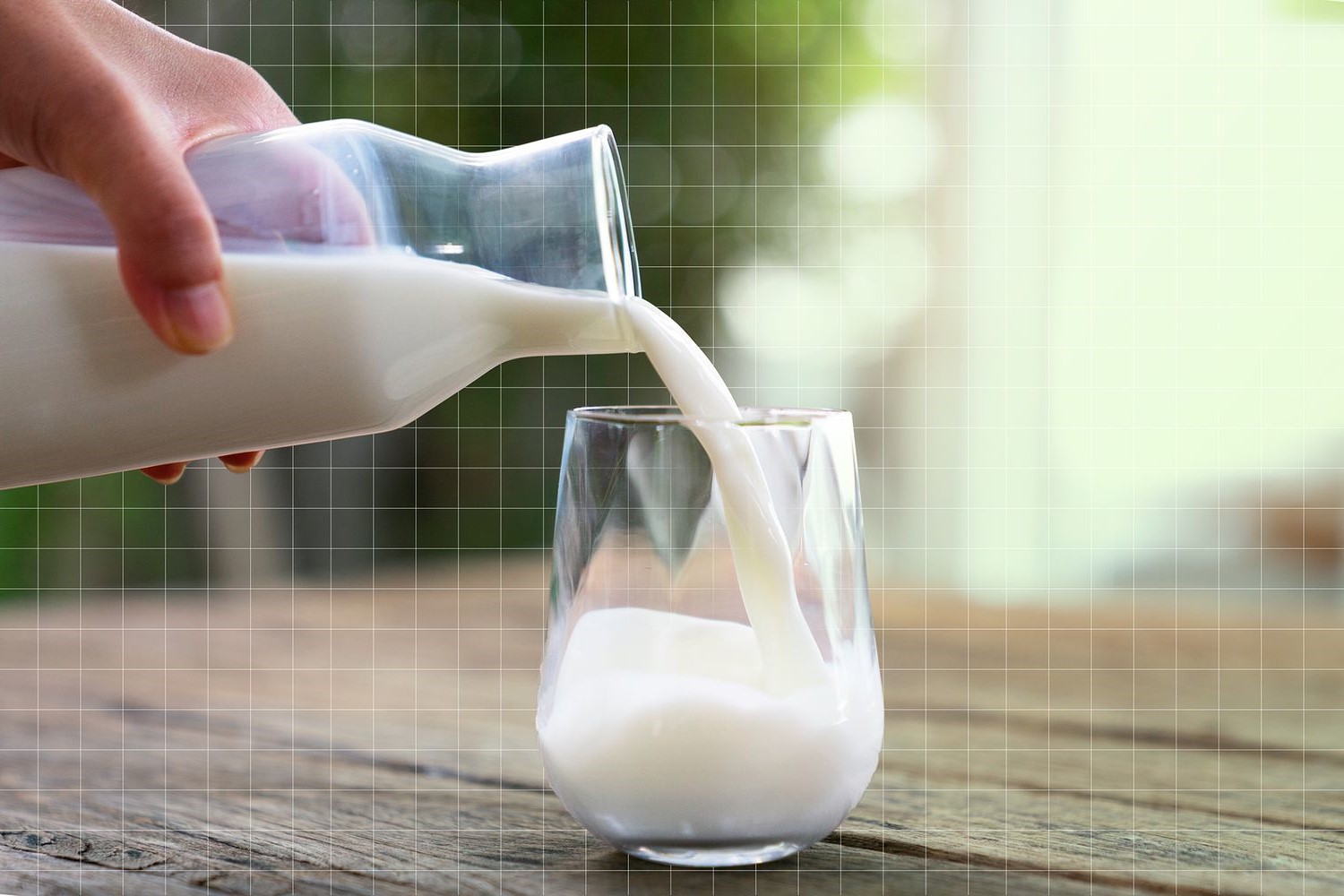
Ever wondered why milk is often hailed as a super drink? Well, you're about to find out! Milk isn't just a childhood staple; it's packed with a slew of nutrition facts that make it a powerhouse beverage for all ages. From building strong bones to helping you stay hydrated, milk does it all. But what exactly makes milk such a nutritional champion? Milk is rich in essential nutrients like calcium, vitamin D, and protein, making it a key player in a balanced diet. Whether you're a fitness enthusiast, a health-conscious parent, or simply looking to maintain a healthy lifestyle, understanding these 15 must-know nutrition facts about milk will change the way you view your next glass. Ready to get the lowdown on milk's mighty benefits? Let's dive in!
Key Takeaways:
- Milk is a nutrient-rich beverage packed with calcium, protein, and vitamins essential for strong bones, muscle growth, and overall health. It comes in various options to suit different dietary needs and preferences.
- Whether you prefer cow's milk or plant-based alternatives, there's a type of milk for everyone. From promoting bone health to providing hydration, milk offers a wide range of benefits for your body.
What Is Milk?
Milk, a nutrient-rich liquid food produced by the mammary glands of mammals, has been a staple in human diets for thousands of years. It's packed with essential nutrients needed for growth, development, and maintaining overall health. From cow's milk, which is the most commonly consumed, to plant-based alternatives, the variety of milk available offers options for nearly everyone's dietary needs and preferences.
Nutritional Profile of Milk
-
Calcium: One of milk's most celebrated nutrients, calcium is vital for strong bones and teeth. A single cup of milk can provide about 300 mg of calcium, roughly 30% of the recommended daily intake for most adults.
-
Protein: Milk is also a great source of high-quality protein, with about 8 grams per cup. Proteins are crucial for muscle repair, immune function, and overall growth.
-
Vitamin D: Often fortified in milk, Vitamin D helps the body absorb calcium and supports bone health. It also plays a role in immune system function.
-
Potassium: This essential mineral, found in milk, aids in maintaining normal blood pressure by counteracting the effects of sodium.
-
Vitamin B12: Crucial for brain health and the production of red blood cells, Vitamin B12 is naturally found in significant amounts in milk.
Health Benefits of Drinking Milk
-
Stronger Bones: Thanks to its high calcium and vitamin D content, milk consumption is linked to improved bone density and reduced risk of osteoporosis.
-
Muscle Growth and Repair: The protein in milk aids in muscle growth and the repair of muscle tissue, making it a favorite among athletes.
-
Hydration: Milk contains a high percentage of water, making it excellent for staying hydrated, especially for children.
-
Heart Health: Some studies suggest that milk can help maintain a healthy heart, thanks to its potassium content which helps manage blood pressure.
Myths vs. Facts About Milk
-
Lactose Intolerance: While it's true that some people are lactose intolerant, there are many lactose-free milk options available today, allowing almost everyone to enjoy the benefits of milk without discomfort.
-
Milk Causes Acne: No direct link has been found between milk consumption and acne. Skin health is influenced by many factors, including genetics and overall diet.
-
Milk and Antibiotics: Strict regulations ensure that milk reaching consumers is free from antibiotics, making it safe and healthy to consume.
Choosing the Right Milk for You
-
Whole, Low-fat, or Skim: Your choice should depend on your dietary needs. Whole milk is higher in calories and fat, while skim milk is lower in both but still retains its nutrient profile.
-
Plant-based Alternatives: For those who are vegan or lactose intolerant, almond, soy, and oat milks are nutritious alternatives, often fortified with calcium and vitamin D.
-
Organic vs. Conventional: Organic milk comes from cows that have not been treated with antibiotics or growth hormones and have been fed organic feed. Choosing between organic and conventional milk depends on personal preferences and budget considerations.
A Fresh Perspective on Milk's Nutritional Profile
Milk's been a staple in diets around the globe, offering a rich source of essential nutrients. From bolstering bone health with calcium and vitamin D to providing high-quality proteins for muscle repair, its benefits are vast. Lactose, the sugar in milk, fuels our bodies, while vitamins A and B12 support vision and red blood cell formation. For those with lactose intolerance, alternatives like soy or almond milk can be nutritious substitutes. Remember, balance is key in any diet. Including milk or its alternatives can contribute to a well-rounded nutritional intake. So, next time you're enjoying a glass of milk or adding it to your favorite recipe, you're not just satisfying a craving—you're nourishing your body with a powerhouse of nutrients.
Frequently Asked Questions
Was this page helpful?
Our commitment to delivering trustworthy and engaging content is at the heart of what we do. Each fact on our site is contributed by real users like you, bringing a wealth of diverse insights and information. To ensure the highest standards of accuracy and reliability, our dedicated editors meticulously review each submission. This process guarantees that the facts we share are not only fascinating but also credible. Trust in our commitment to quality and authenticity as you explore and learn with us.


